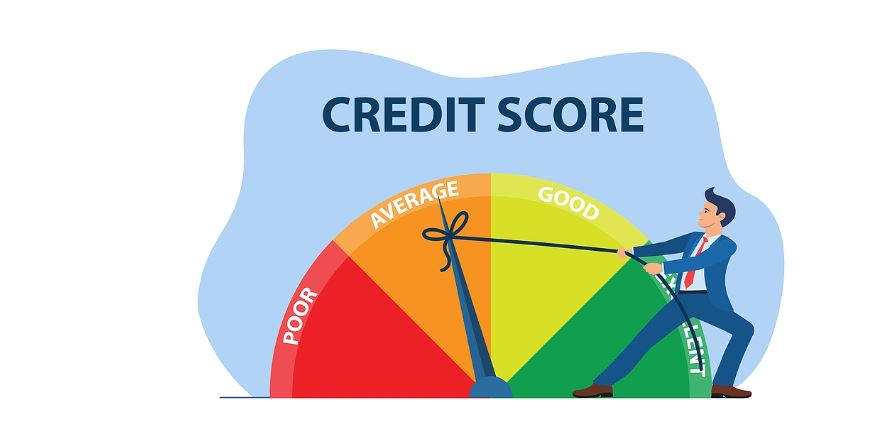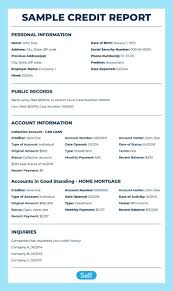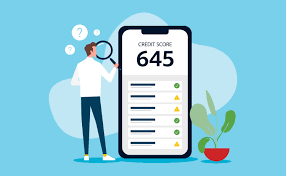Your credit score is a crucial factor in your financial life, influencing everything from loan approvals to interest rates. Whether you’re looking to buy a home, finance a car, or simply improve your credit score, knowing how to improve credit score is essential. This comprehensive guide will walk you through effective strategies to boost your credit score and enhance your financial standing.
Skale Money Key Takeaways
- Pay bills on time consistently
- Keep credit utilization below 30%
- Maintain a long credit history
- Diversify your credit mix
- Limit new credit applications
- Address negative items on your credit report
- Monitor your credit regularly
Table of Contents
Understanding Your Credit Score
Before diving into improvement strategies, it’s crucial to understand what makes up your credit score.
- Factors that influence your credit score:
- Payment history (35%)
- Credit utilization (30%)
- Length of credit history (15%)
- Credit mix (10%)
- New credit inquiries (10%)
| Credit Score Range | Rating |
| 800-850 | Exceptional |
| 740-799 | Very Good |
| 670-739 | Good |
| 580-669 | Fair |
| 300-579 | Poor |
Tips for obtaining and interpreting your credit score:
- Check your score for free through your credit card issuer or financial institution
- Understand which scoring model is being used (FICO, VantageScore, etc.)
- Compare your score to the ranges to gauge where you stand
Pay Your Bills on Time
Payment history is the most significant factor in determining your credit score.
- Impact of payment history:
- Late payments can significantly drop your score
- Consistent on-time payments gradually improve your score
- Even a single missed payment can stay on your report for up to 7 years
| Days Late | Potential Score Drop |
| 30-60 | 60-80 points |
| 90+ | 100-160 points |
Tips for ensuring timely payments:
- Set up automatic payments for fixed bills
- Use calendar reminders for variable expenses
- Consider setting up payment alerts with your creditors
Reduce Your Credit Utilization Ratio
Credit utilization is the second most important factor in your credit score.
- Understanding credit utilization:
- It’s the ratio of your credit card balances to your credit limits
- Lower utilization is better for your score
- Experts recommend keeping it below 30%
| Credit Utilization | Impact on Score |
| 0-10% | Excellent |
| 11-30% | Good |
| 31-50% | Fair |
| 51%+ | Poor |
Tips for lowering credit utilization:
- Pay down existing balances
- Ask for credit limit increases
- Keep old accounts open to maintain available credit
Length of Credit History
A longer credit history generally results in a higher credit score.
- How length of credit history impacts your score:
- Average age of accounts
- Age of oldest account
- How long specific accounts have been open
| Average Account Age | Impact on Score |
| 9+ years | Excellent |
| 5-8 years | Good |
| 2-4 years | Fair |
| Less than 2 years | Poor |
Tips for managing credit history length:
- Keep old accounts open, even if unused
- Avoid closing your oldest credit accounts
- Be patient – time is a key factor in improving this aspect
Mix of Credit Types
A diverse credit mix can positively impact your credit score.
- Different types of credit accounts:
- Revolving credit (e.g., credit cards)
- Installment loans (e.g., mortgages, auto loans)
- Open accounts (e.g., charge cards)
| Credit Mix | Ideal Percentage |
| Revolving | 30-35% |
| Installment | 45-50% |
| Open | 15-20% |
Tips for diversifying your credit mix:
- Don’t open new accounts solely for diversity
- Consider a small personal loan if you only have credit cards
- Maintain a good payment history across all account types
Limit New Credit Applications
Too many new credit applications can negatively impact your score.
- How new credit inquiries affect your score:
- Each hard inquiry can lower your score by a few points
- Multiple inquiries in a short period may signal financial distress
| Number of Inquiries | Potential Score Impact |
| 0-1 in 12 months | Minimal |
| 2-4 in 12 months | Moderate |
| 5+ in 12 months | Significant |
Tips for managing credit applications:
- Only apply for credit when necessary
- Shop for rates within a focused time period (usually 14-45 days)
- Consider pre-qualification offers that use soft inquiries
Address Negative Items on Your Credit Report
Negative items can significantly impact your credit score.
- Common negative items:
- Late payments
- Collections
- Charge-offs
- Bankruptcies
| Negative Item | Time on Credit Report |
| Late Payments | 7 years |
| Collections | 7 years |
| Charge-offs | 7 years |
| Bankruptcies | 7-10 years |
Tips for addressing negative items:
- Dispute any inaccuracies with the credit bureaus
- Negotiate with creditors to remove negative items in exchange for payment
- Focus on adding positive information to your report
Use Credit Boosting Tools and Programs
Several tools and programs can help you improve your credit score.
- Available credit boosting programs:
- Experian Boost
- UltraFICO
- eCredable Lift
| Program | How It Works |
| Experian Boost | Adds utility and phone payments to credit file |
| UltraFICO | Uses banking data to enhance credit profile |
| eCredable Lift | Reports rent payments to TransUnion |
Tips for effectively using credit boosting programs:
- Ensure you have a history of on-time payments for included bills
- Understand which credit bureaus and lenders use these enhanced scores
- Monitor the impact on your credit score after enrolling
Monitor Your Credit Regularly
Regular monitoring helps you stay on top of your credit health.
- Benefits of regular credit monitoring:
- Quickly spot errors or fraudulent activity
- Track your progress as you work to improve your score
- Understand what actions are impacting your score
| Service | Frequency | Cost |
| AnnualCreditReport.com | Weekly | Free |
| Credit Karma | Daily | Free |
| MyFICO | Monthly | Paid |
Tips for effective credit monitoring:
- Set up alerts for significant changes to your score
- Review your full credit report at least annually
- Address any issues or discrepancies promptly
Seek Professional Help If Needed
Sometimes, professional assistance can be beneficial in improving your credit score.
- Signs you might need professional help:
- Overwhelming debt
- Difficulty understanding credit reports
- Need for personalized strategies
| Professional | Services |
| Credit Counselor | Debt management, budgeting advice |
| Credit Repair Company | Dispute errors, negotiate with creditors |
| Financial Advisor | Long-term financial planning |
Tips for choosing a reputable credit professional:
- Check for certifications and credentials
- Read reviews and ask for references
- Avoid companies that promise quick fixes or guarantee results
Conclusion
Improving your credit score is a journey that requires patience, discipline, and consistent effort. By implementing the strategies outlined in this guide – from paying bills on time to monitoring your credit regularly – you can steadily improve your credit score. Remember, there’s no quick fix, but with persistent effort, you can achieve a healthier credit profile, opening doors to better financial opportunities and peace of mind.
Frequently Asked Questions (FAQ)
How long does it take to improve a credit score?
It varies, but you may see improvements in a few months with consistent positive actions.
Can paying off a collection improve my credit score?
It can, especially with newer scoring models, but the impact varies based on individual circumstances.
Does checking my own credit score hurt it?
No, checking your own score is considered a soft inquiry and doesn’t affect your credit score.
What’s the fastest way to improve my credit score?
Paying down credit card balances can have a quick positive impact on your credit utilization ratio.
How often should I check my credit score?
It’s good practice to check your score monthly and your full credit report at least annually.
![]()




